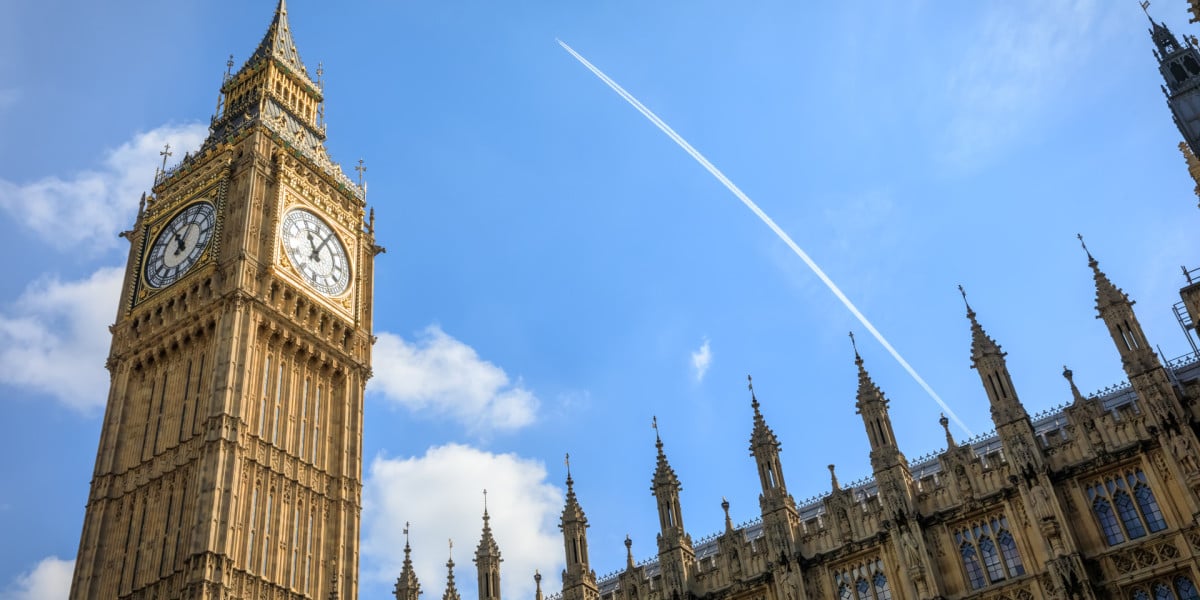
Experimenting with micro-credentials to enhance AI literacy
The development of an online, asynchronous AI micro-credential for business students
Chartered ABS statement on the international student levy

The Government has announced that it will fund maintenance grants through the new international student levy. These maintenance grants will be available for students studying ‘priority’ courses that support the Government’s missions and the Industrial Strategy at levels 4-6.
Professor Stewart Robinson, Chair of the Chartered Association of Business Schools responds:
“We welcome the return of maintenance grants and recognise their value in supporting social mobility and economic growth, particularly given the high cost of living. However, funding them through an international student levy is the wrong approach.
“The introduction of a levy on international students will force institutions to make stark choices with far-reaching impact: increase fee levels for international students, making the UK a less attractive destination and therefore the prospect of reduced student numbers, or absorb the levy, adding financial pressure to universities, who are already under severe financial strain. Diverting this vital income from institutions will undermine the quality of provision, the student experience, and wider social mobility efforts.
“Offering the most popular courses at university and as the largest recruiter of international students, business schools already subsidise universities and will therefore now also subsidise these maintenance grants. Yet domestic business students will be excluded from being recipients of these grants as their courses are not recognised as ‘priority’ subjects by the Government. Furthermore, this flies in the face of Skills England’s own analysis showing that transferable high-level skills such as leadership and management are critical to growth and productivity in the priority sectors set out in the Industrial Strategy.
“We urge the Government to rethink how it will apply this new levy and where the recipients of these funds will lie to ensure these vital transferrable management and leaderships skills are embedded in its skills and economic policy, critical for the nation’s growth mission.
“We also ask the Government to commit to preserving the existing two-year graduate route and introduce a more welcoming visa framework for our international students. This will ensure business schools and universities can maintain levels of international students which are critical to the financial sustainability of universities, their regions, and to the future sustainability of the new maintenance grant budget.”
Note to Editors:
Approximately one in three of all international students in UK universities study in a business school. There are 237,035 international business school students from outside the EU studying in the UK. (HESA data 2024/2025)
HESA data shows that business and management had the second highest number of students from low participation neighbourhoods, second only to Subjects Allied to Medicine.
Modelling by the Higher Education Policy Institute (HEPI) found that the levy on international student fees could cost universities in England more than £600m.
Data from HEPI shows that the economic benefit of international students to the UK rose from £31.3bn to £41.9bn between 2018/19 and 2021/22. For business schools specifically, international students for the academic year of 2021/22 contributed £6.4bn in off-campus spending during the period of their studies (this does not include tuition fees which provide critical income to our universities).
Skills England’s report ‘sector evidence on the growth and skills offer’ published in July 2025 provided an analysis of the 10 sectors important for the government’s growth mission and identified that delivering training on transferable skills such as management and leadership are key to driving growth across the priority sectors.
Our research found that UK business schools have reported significant declines in both domestic and international student enrolments due to the ban on student dependents:
For international students, 58% of the responding schools stated that enrolments for their programmes starting in January 2025 were lower than a year ago, of which half said they were significantly lower.
Around 65% of business schools reported that the dependents' visa ban has continued to negatively impact their recruitment for specific programmes.
The priority subjects include computing, engineering, architecture, building and planning (excluding landscape gardening), physics and astronomy, the mathematical sciences, nursing and midwifery, allied health, chemistry, economics, and health and social care.
